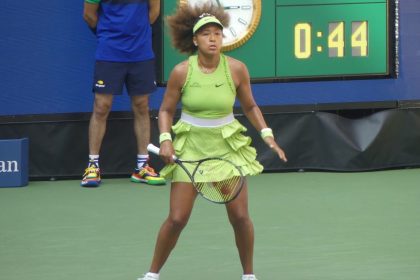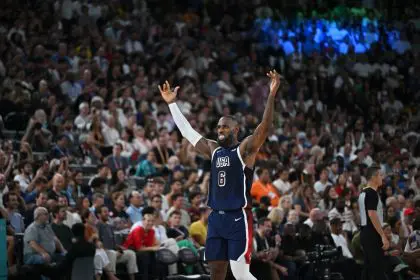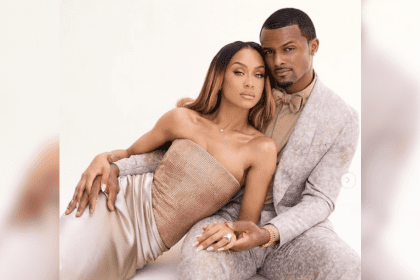
In the world of social change and justice for the LGBT community, ally support has been pivotal in helping facilitate the changes needed to secure better rights, resources and benefits for LGBT people. And although the role of allies is well noted, openly gay former NFL player Wade Davis recently spoke out on the matter of allies and explained why he feels their privilege and power in the LGBT movement is problematic.
According to media reports, Davis recently spoke in an interview about combating homophobia and he revealed that he doesn’t like the term “ally.” When asked why, Davis explained that allies are now taking a central space and focus in the movement while simultaneously distancing themselves from the communities they’re trying to help.
“I think, in the beginning, the word was fine. It’s taken on a life of its own. Now you have “LGBTQAs.” You’re taking people who are already in a space of privilege, and attaching them to a movement, or a moment, when they don’t need to be attached to it. The point of being an ally is for you to be as invisible as possible,” Davis said.
“The point is to provide a space for people to be shown as their full selves, to take some bullets for people, and then get out of the damn way. The fact that you need to have an ally group, and that there’s an ally movement — it’s like you’re taking up parking, you’re taking up space from a marginalized group, and it means you actually don’t know what your role is, you, as Bell Hooks would say, have to recenter yourself.”
According to Davis, allies and their fans should be more concerned with doing the work than praising people outside of the LGBT community who stand up for what is simply right.
“What the ally movement has done is that they have re-centered themselves. There are so many allies that are getting interviewed, and there are so many ally affinity groups, and there’s ally this, and ally that, and I’m like, ‘No! Allies are supposed to be invisible!’ You’re supposed to do the work, and get out of the way, and never expect any of the recognition for it. You don’t need recognition for doing the right thing,” Davis said.
Davis then compared the work of LGBT allies to that of non-Black civil rights activists and explained how non-Blacks in the Civil Rights Movement weren’t given specific titles and why making sure to center any movement around the actual community it relates to is so important to making sure that community is made visible in the face of privilege and discrimination.
“[The word “ally”] is only associated with the LGBTQ movement, for the most part. If you’re an advocate for racial justice, you’re not an ally. So why is it only in this specific world?” Davis said.
“You had the William Lloyd Garrisons of the world who were abolitionists, who we used to praise and say, ‘we need these types of people’, but no one really uses that language any more,” Davis explained. “That was just doing racial justice work. Why can’t people just being doing gender justice or sexual orientation work. You don’t need your own term.”
Davis then pointed out the inherent homophobia in allies making it a point to broadcast that they themselves aren’t gay, trans or bisexual.
“Yes, why do you have to also publicly state that you’re straight? You don’t own the fact that there’s a level of social capital in that. That’s also problematic,” Davis said.
Well, what do you think of Davis’ thoughts on allies? Let us know in the comments.
















